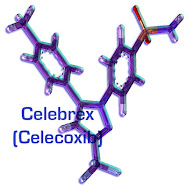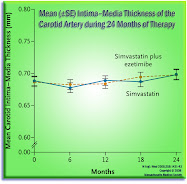I'll tease no more of it -- but just link it, and encourage the readership to go parse it all. Here's that finely-written long-form New Yorker story -- and a bit:
. . .[In a fashion photo-shoot of a 23 year old woman, each image shows, in the background] a metal trolley stacked with medical equipment. Two large plastic tubes, one cherry red, the other dark plum, loop from the trolley to Arms, entering her body beneath her clavicle. She has cystic fibrosis, a condition that damages the lungs. Hers are failing, and the machine on the trolley has replaced them. . . .
But some physicians worry that ECMO is creating entirely new ethical conundrums. “The unfortunate reality is that, sometimes, people get put on this machine and they don’t get better,” Jessica Zitter, a palliative- and critical-care physician, told me. A patient whose heart has stopped could potentially live on the machine for months, awake, able to walk and read the newspaper. But he might never leave the I.C.U. “It’s a trap,” Zitter said.
ECMO is transforming medical care, saving lives. But it also complicates care when life inevitably begins to end, committing some patients to a liminal state with no hope for recovery. When should it be used, or withheld? And who should decide?. . . .
Indeed -- who will make these calls / decisions? How old is. . . too old to be a suitable candidate? How sickly. . . is too sickly. . . to be placed into the bridge -- we will keep an eye on this topic.
With that said, I suppose it is an essentially happy problem to have -- if it means that there are options, for at least some of the more desperately, deeply-obstructed lung patients -- in the major city hospitals around the nation. Your mileage may vary. . . in fact, it probably. . . does.
नमस्ते


















No comments:
Post a Comment